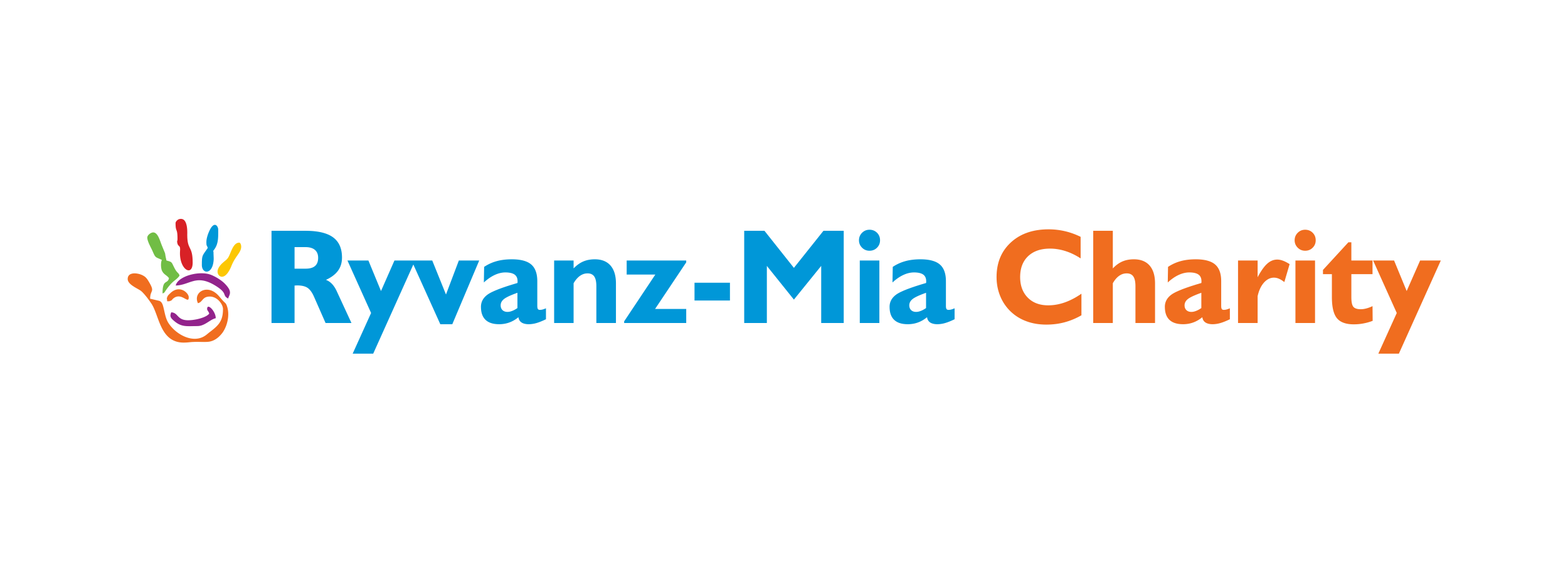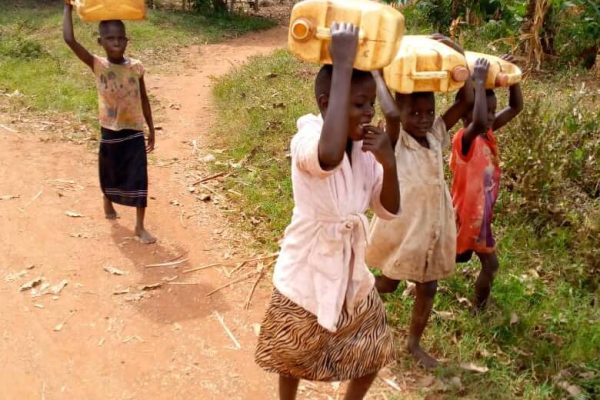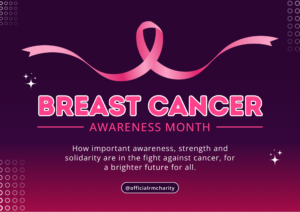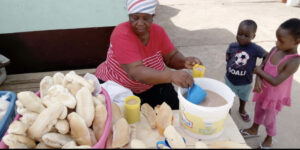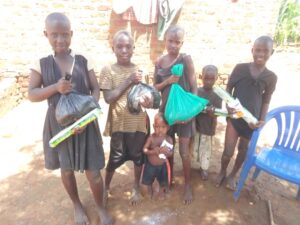Seventy percent of the earth’s surface is covered in water, but freshwater that can be used by living terrestrial species constitutes only 2.8 percent. Their availability has been decreasing in recent decades. We are talking about water access.
CAUSES
The water shortage is due to increased world population, climate change, pollution, and domestic, industrial, and agricultural waste.
ACCESS TO WATER
Water withdrawal has tripled in the last 50 years, dramatically accentuating the differences in access to water resources.
EXAMPLES
An African farmer, for example, consumes twenty liters a day, compared to the fundamental daily requirement of 50 liters. In developed countries, daily consumption exceeds one hundred liters.
ITALY AND AFRICA
Italians use ten times more water than the actual requirement. In poor countries, however, the high cost of supply and distribution technologies often hinders access to drinking water.
ESTIMATES
It is estimated that one and a half billion people worldwide do not have access to drinking water. According to the UN, in 2020, the water deficit affected 22 percent of the population, involving 48 countries.
WATER WARS
Water wars could arise to control access to water resources necessary for the survival of the populations in different areas of the world.
SOLUTIONS
Much can be done to solve the world’s water problem, like building water wells in Africa or, in general, adopting systems that allow the populations of the poorest countries in the world to have a safe source of water available.
YOUR HELP
Thanks to distance adoption, you too can contribute to solving this problem. To obtain drinking water, one often has to face a long journey, even 4-5 hours a day, with many dangers.
Be a responsible and informed citizen.
